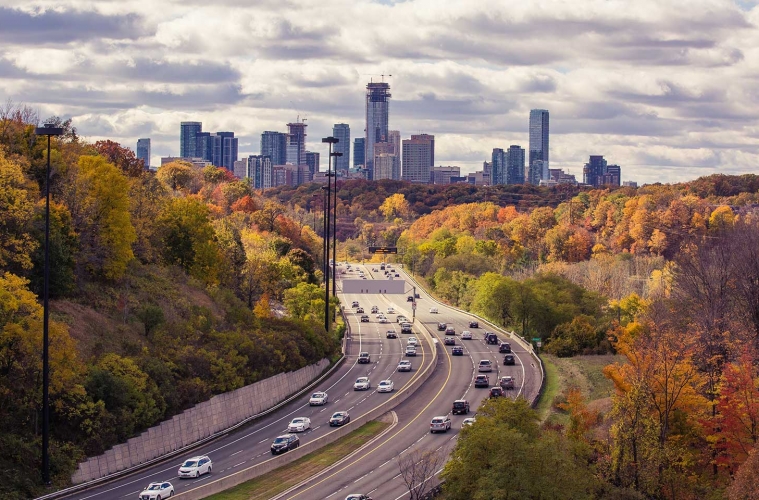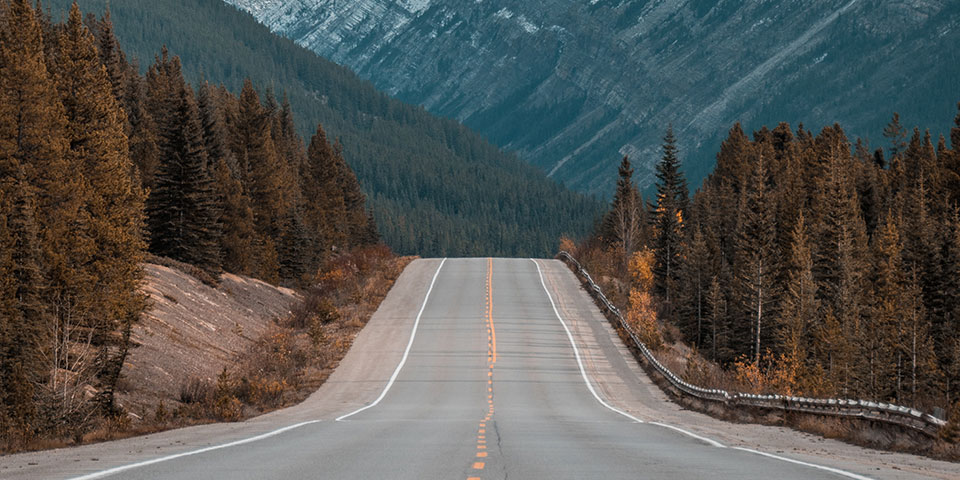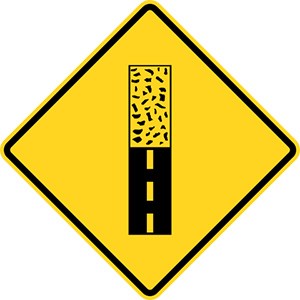Can I Own a Car Without a License in Ontario

From the notorious Highway 401 traffic jams of Toronto to the ice roads of Nunavut on the Canadian Arctic Archipelago, it's fair to say that Canada offers a pretty full gamut of driving experiences. So, it's not surprising to learn that the country has no one-size-fits all approach to vehicle regulations, with each province having its own laws.
But don't worry, our guide is here to help you navigate your way through the process of buying a car in Canada and, at the end, we'll direct you to some helpful sources of province-specific information.
The costs of car ownership in Canada
If you're moving to Canada from the UK you can broadly expect new cars to be a bit cheaper, used cars to be more expensive, petrol to be a relative bargain and insurance costs ruinously high. So first, ask yourself… do I really need to buy a car in Canada?
Alternatives to ownership
Canada is a huge country but its cities generally enjoy excellent public transportation systems. You could actually be better off (literally) simply hiring a car when you need one. It's worth doing the maths in detail. Even if you hire a car every weekend, that could still work out cheaper than owning one once you've taken into account the costs of depreciation, maintenance, insurance and so on.
If you're going to be city-based then car-sharing is a great option. In Vancouver, for example, there are more than 3,000 car-sharing vehicles run by four companies for you to draw on when the need arises – Car2Go, Evo, Modo and Zipcar.

What sort of car should I buy?
It sounds like an obvious question, but if you're zipping around the city and need something nippy and easy to park, your needs are going to be significantly different from if you're intending to transport your family and their skis to the top of some obscure snowy mountain.
What do I need to buy a car in Canada?
In order to be able to own a car in Canada you need three things, each contingent on the preceding ones:
- A driver's licence – probably Canadian
- A valid car insurance policy (not possible without a licence)
- Vehicle registration (not possible without insurance)
Let's look at these in a bit more detail:
Getting a Canadian driver's licence
In some Canadian provinces, you cannot buy a car without a Canadian licence.
There are provincial variations but, broadly speaking, you can surrender your British (and certain other nationalities) driver's licence for a Canadian one providing you have proof of two years' driving experience and can produce the required ID, your current licence, and the fee. You may also need to provide proof of your right to stay in Canada and even proof that you were resident in the country in which your licence was issued.
Getting insurance
Third party insurance is not only required by Federal law, you can't even register ownership of your car without it. Each province specifies the minimum amount of third-party cover required. Some provinces also require you to insure for medical expenses and loss of income resulting from a driving-related injury.
Vehicle registration
To register your vehicle, you'll need to have insurance – and a pile of other documents including your licence, a certificate of sale, a certificate of title ('pink slip'), plus various data including the licence plate number and the odometer reading. You'll then get registration papers and a sticker to go in the corner of your licence plate. You should keep proof of registration in the car at all times. If you're buying through a dealer, all this will be arranged for you.
New or second-hand?
Buying a new car in Canada
Buying a new car from a dealership can be a high-pressure experience, but if you can stand your ground and get what you want for the price you want, there are advantages.
- Financing deals offered by dealerships can be attractive
- You'll also enjoy the protection of the manufacturer's warranty, of course
- The admin is also more straightforward
Buying a second-hand car in Canada
You have three main options for buying used car in Canada. Sales of pre-owned cars are split fairly evenly between:
- The used car lots of new vehicle dealers
- Independent used car dealers
- Private sellers
If you buy from a dealer, one of the big bonuses is that they're going to take more of the administrative burden off your hands. Either way, you're going to have to pay taxes.
It's worth knowing that even though a second-hand car from a dealer will have been tested for roadworthiness and emissions, it's unlikely the car will come with any kind of warranty other than what might be left over from its sale as a new vehicle.
A good way to get a sense of a used car's history is to look it up on CarProof.ca. Enter the vehicle's ID number (VID) and for a small fee you can download a report containing a wealth of information including mileage and odometer information, inspection data, ownership history, service history, etc. You can also check that it's not stolen.
Buying from a private dealer may have its advantages (in some provinces you will pay slightly less tax, and you may be able to get a bargain if the seller is looking for a quick sale), but it can also be frustrating if the seller isn't on top of all the admin and paperwork. This might include:
- Registration document
- Safety standards certificate (and emissions compliance certificate, if needed)
- Bill of sale compliant with the specific requirements of the province
You also need a guarantee that no money is owing on the car as that debt would become yours along with the car.
Don't forget, you will also need insurance before the registration can be transferred to you.
Sales and other taxes
Whether you're buying a new or a used car – and even from a private seller – you will have to pay taxes.
- On a new car you may have to pay 5% goods and services tax, a provincial sales tax, or a combination of the two (harmonised sales tax)
- The same taxes apply for second-hand cars if you buy them from a dealer
- If you're buying privately, you'll have to pay a retail sales tax
Vehicle inspections
There's no direct equivalent of the UK's annual MOT certificate although vehicle inspections do need to be carried out when importing or selling a car. If your car is involved in a collision you will need one before you can take it on the road again in order to ensure it's roadworthy. Inspection centres are run privately but overseen by the province concerned – their website will list the authorised centres.
Three things to know about driving in Canada
- Winter tyres are compulsory during the winter months in Quebec and parts of British Columbia
- Collisions with wildlife are common and can have serious consequences not only for the animal, but for anyone in the car. A moose can weigh almost half a tonne. If hit head-on, it can land on the roof and crush the occupants. Every year in British Columbia alone, three motorists are killed and 570 injured as a result of wildlife collisions
- You will almost certainly need to learn some unfamiliar road signs

Where to get more information
- AutoTrader Canada has a great guide to the regulations in different provinces. See New or Used, Buying a Car in Canada
- The relevant departments for the individual provinces are:
- Alberta Transportation
- British Columbia Ministry of Transportation
- Manitoba Infrastructure and Transportation
- New Brunswick Department of Transportation
- Newfoundland and Labrador – Drivers and Vehicles
- Northwest Territories – Driving + Transportation
- Nova Scotia Transportation & Public Works
- Nunavut Department of Economic Development and Transportation
- Ontario Ministry of Transportation
- Prince Edward Island Transportation, Infrastructure and Energy
- Québec Ministère des Transports
- Saskatchewan Highways and Transportation
- Yukon Department of Highways and Public Works – Transportation – Road Safety
More advice on Moving to Canada
- How to Move to Canada
- How to Retire to Canada
- How to Buy a Home in Canada
- How to Find a Job and Work in Canada
- How to Start a Business in Canada
- How to Sell a Home in Canada
Can I Own a Car Without a License in Ontario
Source: https://www.worldfirst.com/uk/blog/your-money/living-abroad/how-to-buy-a-car-in-canada/#:~:text=In%20order%20to%20be%20able,registration%20(not%20possible%20without%20insurance)
0 Response to "Can I Own a Car Without a License in Ontario"
Post a Comment